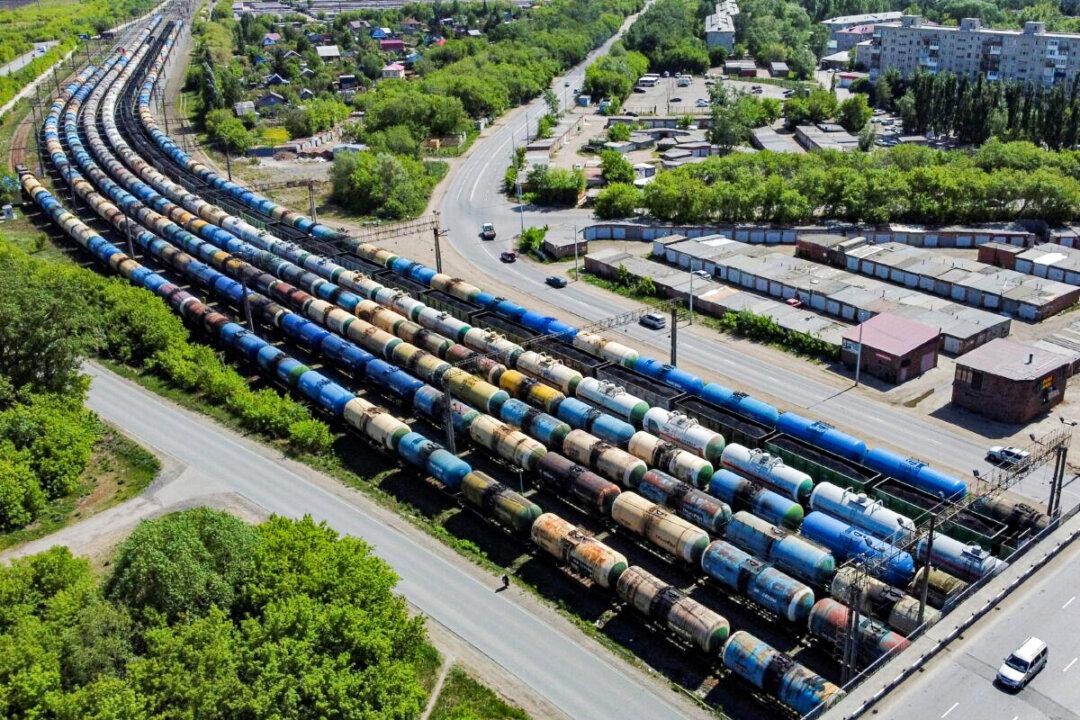Moscow plans to increase its oil supply to the Asian markets in response to the G7’s proposed price caps, Russian Energy Minister Nikolai Shulginov told reporters on Sept. 6.
“Any actions to impose a price cap will lead to deficit on [initiating countries’] own markets and will increase price volatility,” Shulginov said, according to Reuters. On Sept. 2, the G7 pledged to cap the price of Russian oil in international markets. The cap will be imposed by banning shipping firms and insurance companies from aiding Russia to sell oil above a set price limit.





